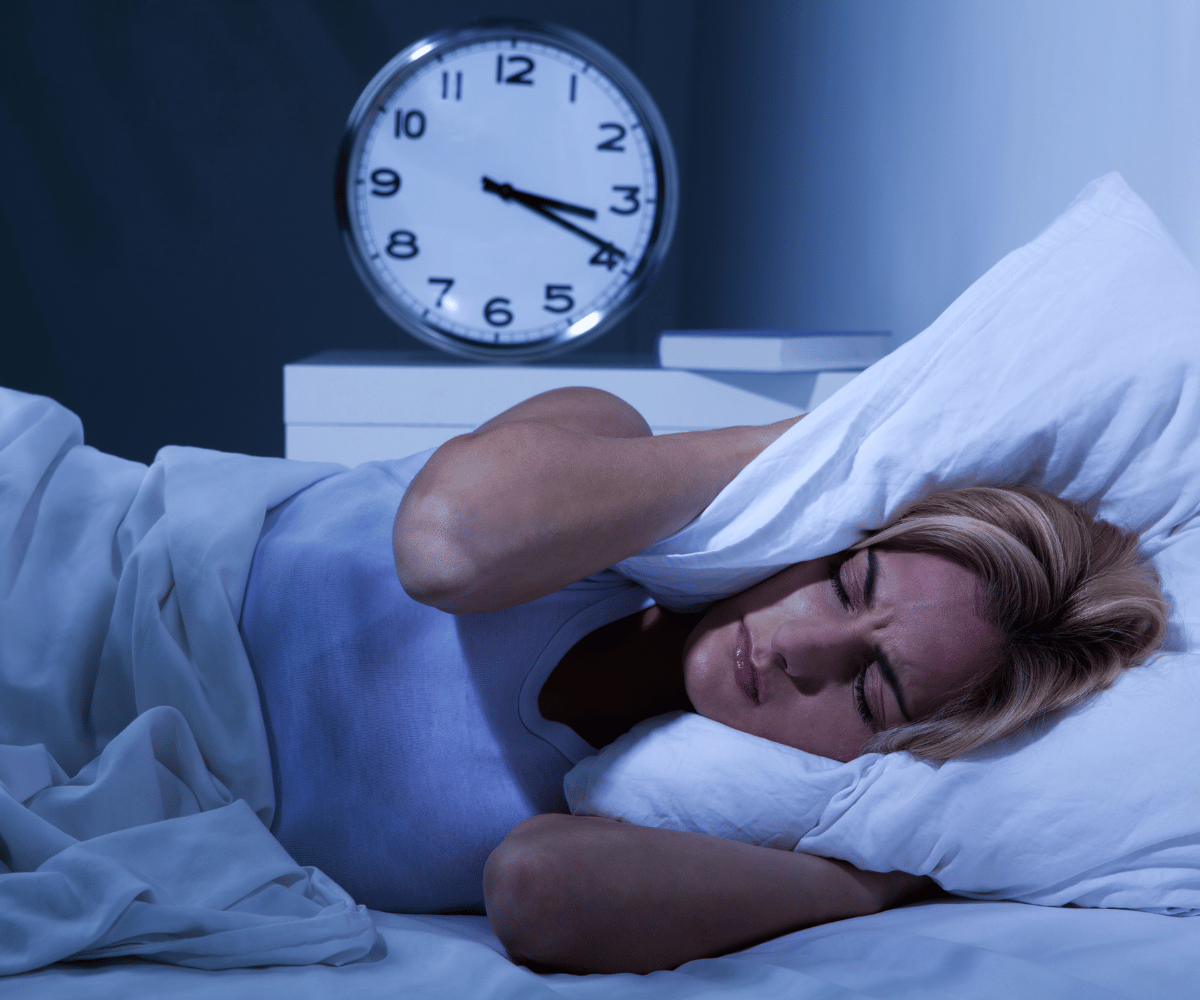Understanding Insomnia: What It Is and How to Deal with It

Insomnia is a super common sleep problem that messes with your ability to fall asleep or stay asleep, causing issues during the day. Around 10-30% of people worldwide deal with it, with differences based on age, gender, and other health conditions. The American Academy of Sleep Medicine defines insomnia as trouble falling or staying asleep, even when you have the chance to sleep, and it comes with daytime problems or distress. Understanding what causes insomnia and how to treat it is key to helping people feel better and live healthier lives.
Causes and What's Going On in Your Body Insomnia can be primary (no clear cause) or secondary (linked to other issues like health problems or stress). Things like stress, anxiety, depression, chronic pain, and certain medications often contribute to insomnia.
Your body goes into a state of hyperarousal, both mentally and physically, making it hard to sleep. This can include a higher metabolic rate, increased cortisol levels, and an overactive nervous system. Brain research shows that insomnia involves imbalances in sleep-regulating neurotransmitters like GABA, serotonin, and orexin.
Symptoms and Diagnosis People with insomnia typically have trouble falling asleep (sleep onset insomnia), wake up often (sleep maintenance insomnia), or wake up too early and can’t go back to sleep. Diagnosis usually involves discussing your sleep history and keeping a sleep diary. In some cases, a sleep study (polysomnography) might be needed to rule out other sleep disorders.
Treatment Options Treating insomnia involves a mix of different approaches, tailored to each person. These treatments can be split into non-medication and medication options.
Non-Medication Treatments
-
Cognitive Behavioral Therapy for Insomnia (CBT-I): This is the go-to treatment for chronic insomnia. It helps change negative thoughts and behaviors about sleep and includes techniques like sleep restriction, stimulus control, cognitive restructuring, and relaxation exercises. Research shows it's effective in improving sleep.
-
Sleep Hygiene Education: This involves teaching good sleep habits, like keeping a regular sleep schedule, creating a comfortable sleep environment, and avoiding stimulants and screens before bed.
-
Mindfulness and Relaxation Techniques: Practices like mindfulness meditation, progressive muscle relaxation, and guided imagery can help reduce arousal and promote relaxation.
-
Supplements: Some supplements like Hibern8 can help with sleep, though they aren't a cure-all. Key ingredients include:
- Magnesium: Helps relax muscles and calm the mind.
- L-Theanine: Found in tea, it promotes relaxation and reduces anxiety without making you drowsy.
- 5-HTP: A precursor to serotonin that can help improve mood and sleep patterns.
Hibern8 combines these and other ingredients to promote better sleep, though it might not be the complete answer.
Medication Treatments
- Benzodiazepines and Non-Benzodiazepine Hypnotics: These, like zolpidem and eszopiclone, are effective for short-term use but can lead to dependence and side effects.
- Melatonin Receptor Agonists: Ramelteon helps with sleep onset insomnia and has a good safety profile.
- Orexin Receptor Antagonists: Medications like suvorexant and lemborexant target the wakefulness system, offering a new approach to treating insomnia.
- Antidepressants and Antipsychotics: Low doses of sedating antidepressants like doxepin can help, especially if you also have depression or anxiety.
Conclusion Insomnia is a complex issue that affects many aspects of health and well-being. Understanding its causes and treatments is crucial for helping those affected. Combining good sleep habits, possibly using supplements like Hibern8, and using therapies like CBT-I as the first step, with medications if needed, can offer a comprehensive treatment plan. Ongoing research into the causes of insomnia will help develop more targeted and personalized treatments in the future.
References
American Academy of Sleep Medicine. (2014). International Classification of Sleep Disorders (3rd ed.). Darien, IL: American Academy of Sleep Medicine.
Morin, C. M., & Benca, R. (2012). Chronic insomnia. The Lancet, 379(9821), 1129-1141.
Riemann, D., et al. (2017). The neurobiology, investigation, and treatment of chronic insomnia. The Lancet Neurology, 16(4), 277-286.
-
Posted in
article, hibern8, insomnia, insomniac, melatonin, sleep aid, sleep issues, sleep problem







